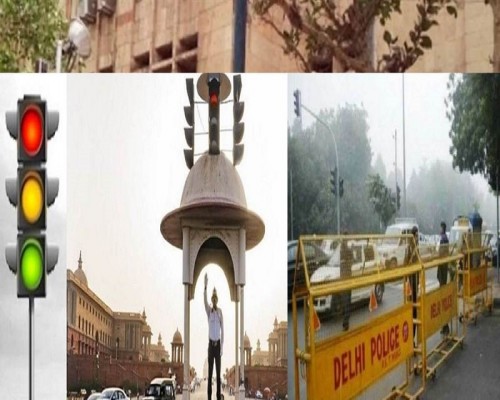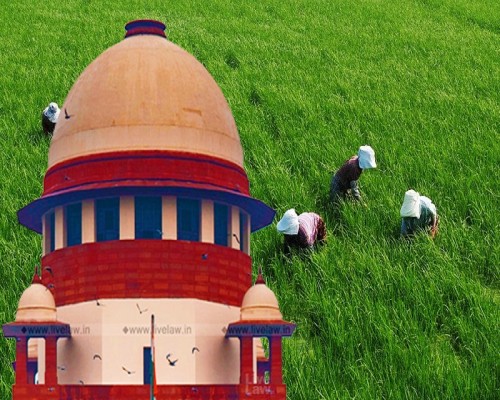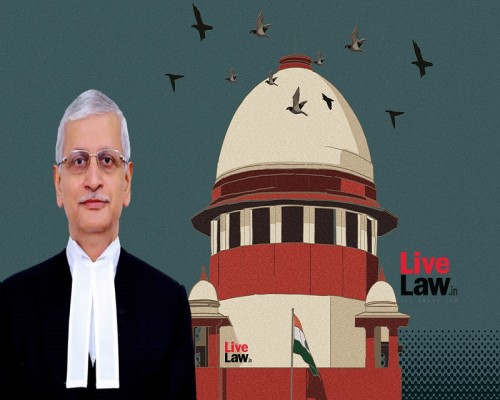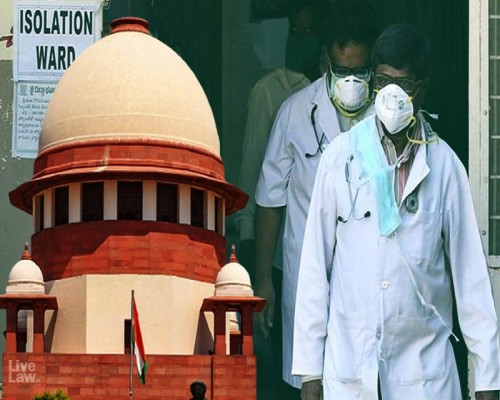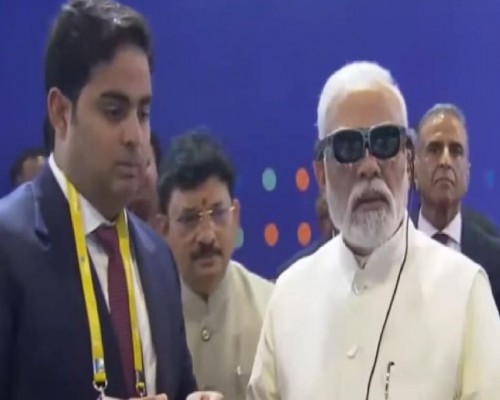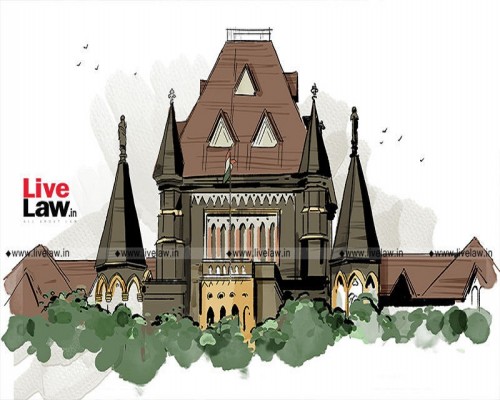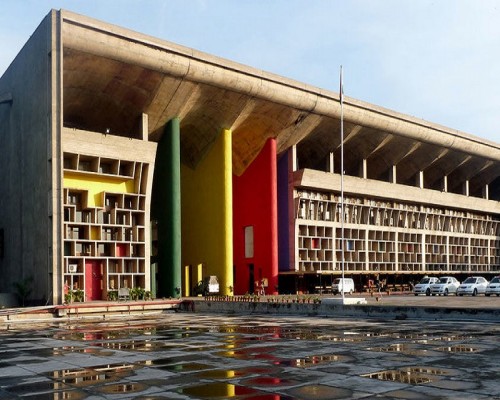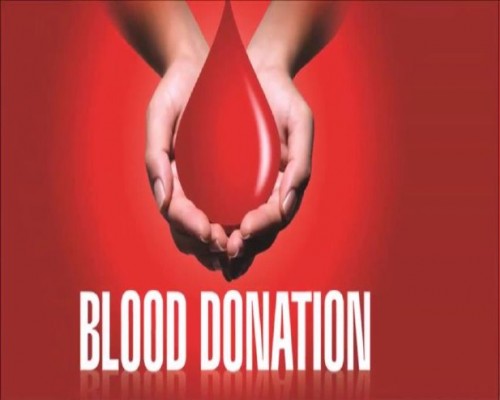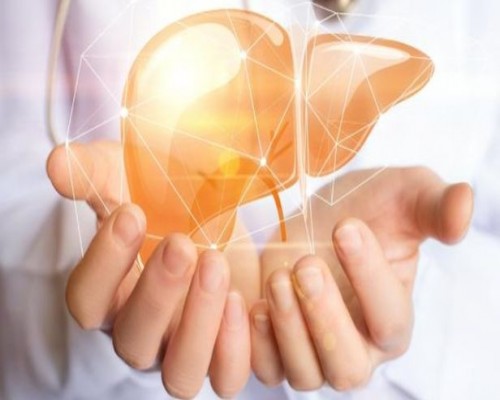Gaming Addiction More Dangerous Than Alcohol and Drugs

New Delhi: Addiction to online gaming, like alcohol, drugs, and illegal gambling, is now emerging as a social issue. Like alcohol and drugs, online gaming is impacting the psychology of children and adolescents. After the COVID-19 pandemic, online gaming addiction has become a serious concern. The primary reason behind this is that foreign gambling companies and studios are aggressively targeting the Indian market. Various studies, including those conducted by the World Health Organization, reveal that online gaming addiction and "Gaming Disorder" (classified as a mental disorder) need to be treated similarly to addiction to substances like alcohol and drugs.
Online gaming disorder (IGD) includes internet-based video games and other digital mediums, often leading to significant mental health concerns. Recent studies show that more than 20% of children and adolescents are suffering from gaming disorder, and 39% of Indians show symptoms of addiction due to excessive screen time. During the pandemic, around 70% of Indians exhibited symptoms of gaming addiction, which resulted in adverse mental health effects.
40 million Daily Addicted Gamers
According to Dr Prakash Kumar, a psychologist, nearly 40 million people in India experience gaming addiction daily. Out of these, the majority need help, but few receive the necessary treatment. Every year, these numbers rise exponentially. The younger generation is increasingly falling victim to gaming addiction, which was once less prevalent.
More Addiction Among Youths
The age group of 8-11 years is particularly at risk, with 19.9% of children becoming severely addicted. This data highlights the urgent need for monitoring and intervention.
Dr. Kumar further elaborated that gaming addiction is dangerous and more harmful than alcohol and drugs. The consequences of gaming addiction include deteriorating health, psychological issues, social isolation, and educational setbacks.
Government Actions and Reforms
Several countries have already taken stringent measures to control online gaming addiction. For example, China has implemented strict rules to prevent online gaming addiction, such as limiting gaming time for different age groups. India has been slower to respond, but in 2022, an amendment was introduced to regulate online gaming and safeguard young people from its adverse effects.
Gaming Federation Advocates for Self-Regulation
The All-India Gaming Federation and the E-Gaming Federation, the two largest bodies representing the gaming industry, have appealed to the government to regulate online gaming through self-regulation rather than imposing strict rules.
The issue gained attention when several families approached lawmakers due to the adverse impact of online gaming on their children’s health and behaviour. Consequently, the government and the Ministry of Electronics and Information Technology introduced new guidelines to monitor and control online gaming.
The problem of gaming addiction, which previously went unnoticed, has now become a significant concern, and efforts are being made to raise awareness among parents and educators.
Key Findings:
- In a 2019 study, 39% of Indian adolescents reported symptoms of addiction due to excessive screen time.
- In 2022, the percentage rose, with gaming addiction prevalent among more than 70% of youth during the pandemic.
- Addiction rates were found to be higher than alcohol (16%) and drug addiction (5.2%).
The rise in gaming addiction, especially among children and adolescents, has prompted governments and experts to take the issue seriously and implement preventative measures.



